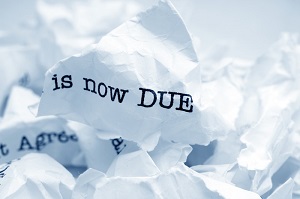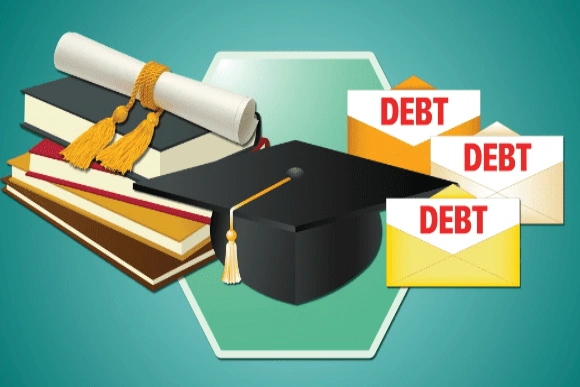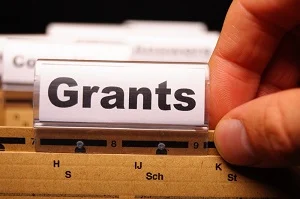 Student loans typically have a lower interest rate than a standard personal loan and usually a decent amount of time to pay them back. Eventually though, the loan becomes due . . . and that’s when we tend not to like them so much. Some people opt not to pay back their student loans; if you choose this option, you could be setting yourself up for trouble that will follow you and potentially hurt other areas of your life.
Student loans typically have a lower interest rate than a standard personal loan and usually a decent amount of time to pay them back. Eventually though, the loan becomes due . . . and that’s when we tend not to like them so much. Some people opt not to pay back their student loans; if you choose this option, you could be setting yourself up for trouble that will follow you and potentially hurt other areas of your life.
Defaulting on a Student Loan
A student loan is a legally binding contract, where you have agreed to pay back the money per the terms of the contract. Make no mistake, this loan carries the same weight towards your credit rating as a car loan, mortgage or any other debt. Defaulting on your loan could seriously affect your credit rating and lead to serious complications. For example:
- If you default on your loan, the interest and loan balance will be due immediately. At that point, your case could be handed over to a collection agency which would be reported to a credit bureau and affect your credit rating.
- Depending on the terms of your loan, late fees will accrue, interest rates will rise and your loan balance will continually and steadily increase; you could end up paying much more than you originally would have.
- Your state or federal tax refunds could be withheld and used to pay toward your loan balance.
- The Federal government could have your wages garnished; that means they would take money directly from your paycheck, every pay period, until your remaining balance is paid.
- You could be stopped from buying (or even renting) a home, opening a new bank account or buying a new car.
- You most likely will not get further financial aid; stifling your chances of furthering your education.
- Today, most employers check the credit reports of prospective employees, so your defaulted loan could actually stop you from getting the new job
you worked so hard to get in the first place.
What To Do When Your Student Loan Is Due
First and foremost—pay back your loan per your contract! If you find yourself unable to make payments when the loan is coming due, contact your loan
provider and try to make arrangements for a more manageable payment schedule. Explain that you are committed to paying the balance, but are having
difficulty. Be upfront and honest with them; most loan providers would rather work a deal with you than have to chase you and ultimately ruin your credit rating. Do this well before you are in default. Once your loan has reached default, you will lose any option for deferment or making other arrangements.
Additionally, take advantage of the financial advisor at your school; they are very knowledgeable and may be able to provide you with some options to help you.
Bottom Line
Take advantage of the financial aid available to you – education is such an important part of our lives; however, take the commitment to pay back your loan seriously, otherwise the consequences could be serious. Damage control is costly and it could take years to repair the harm to your credit rating.






